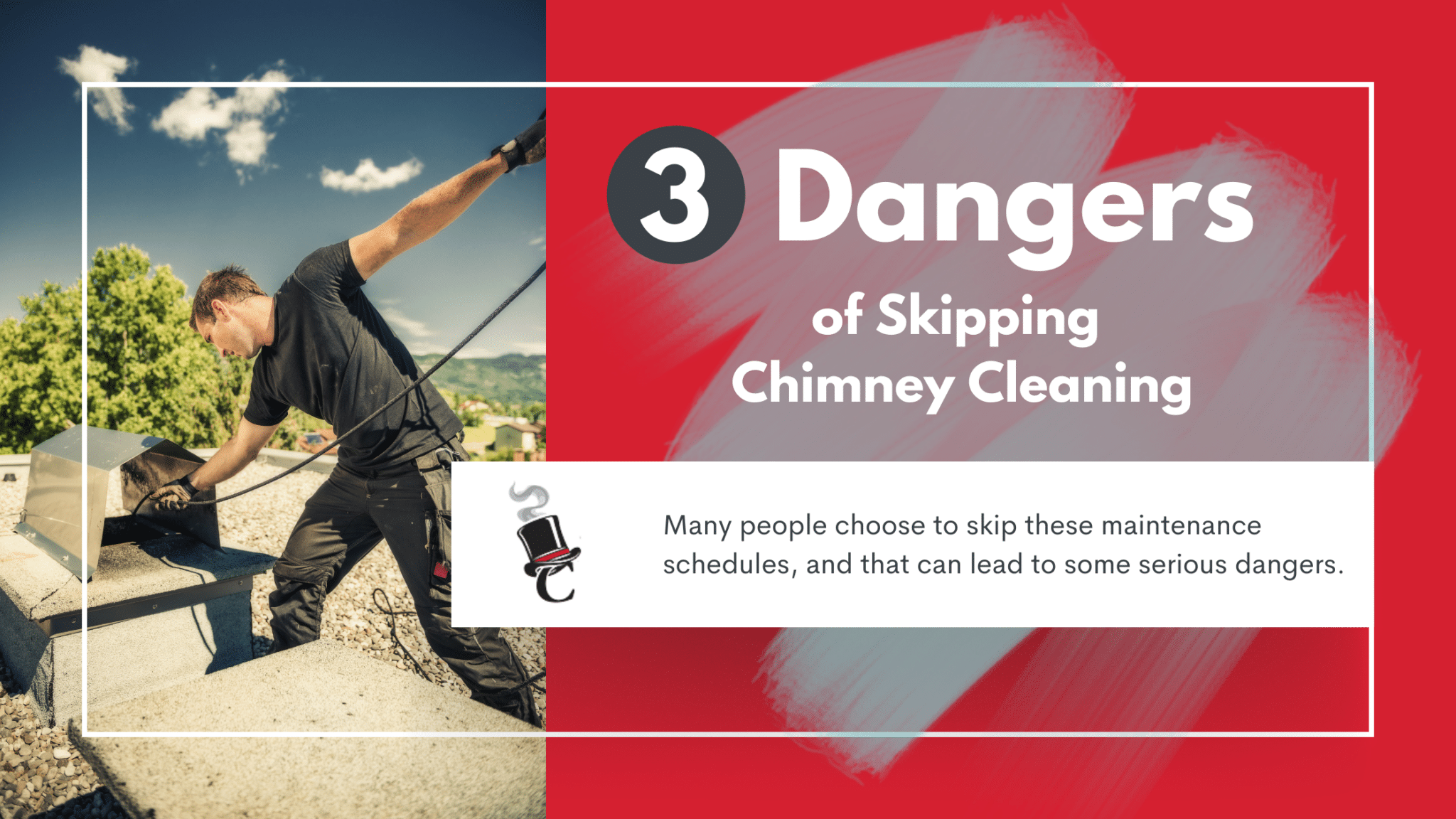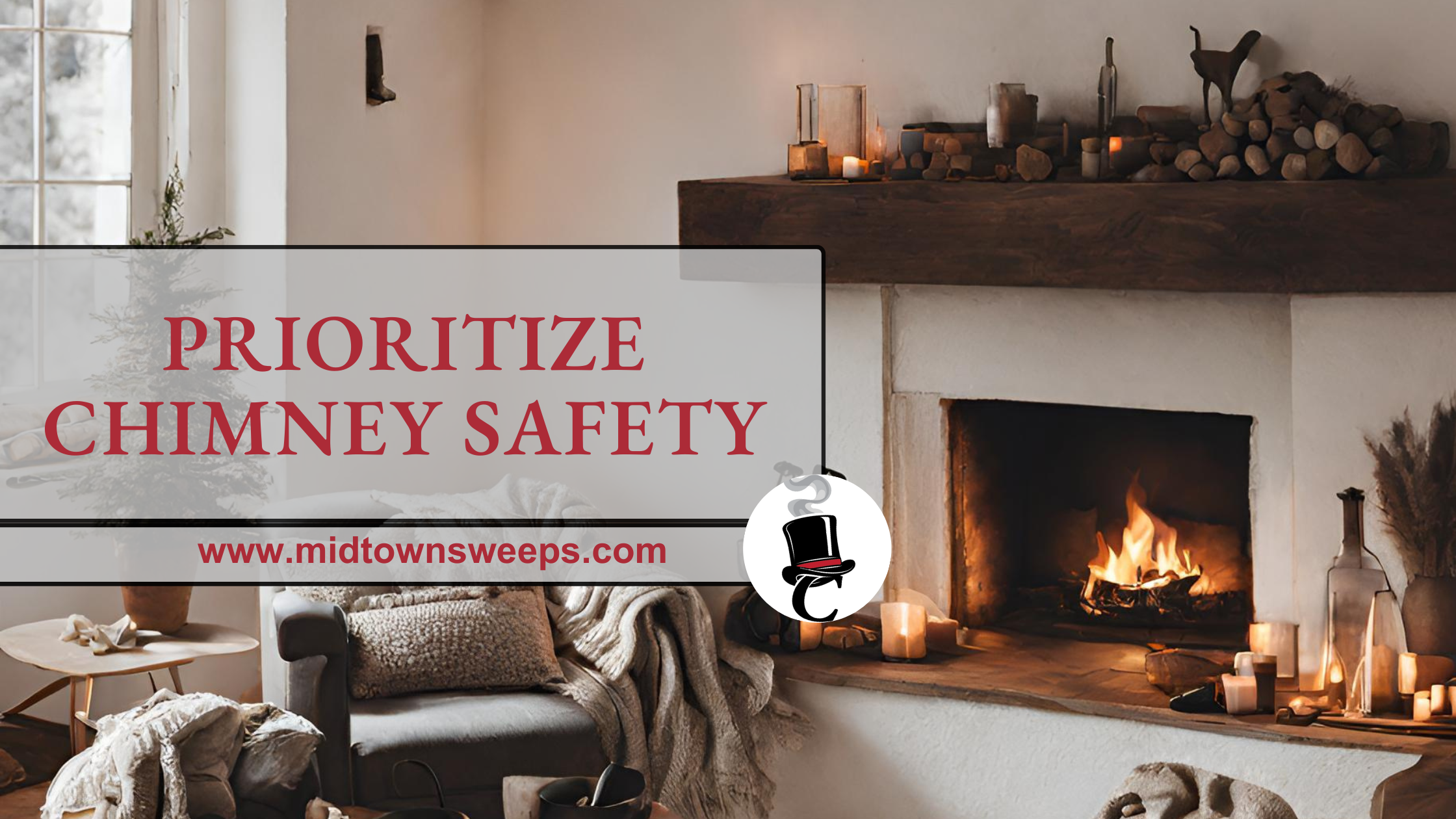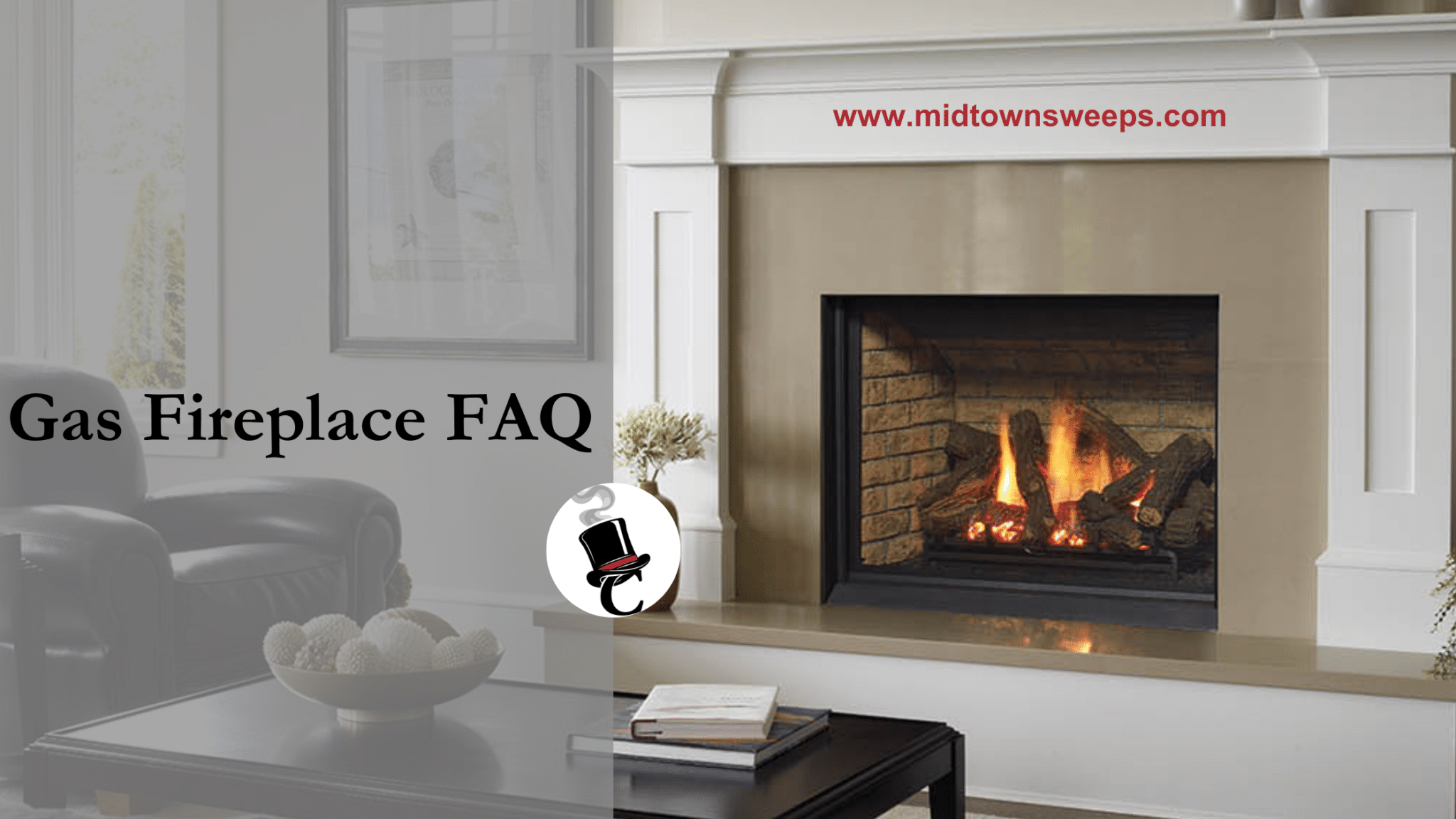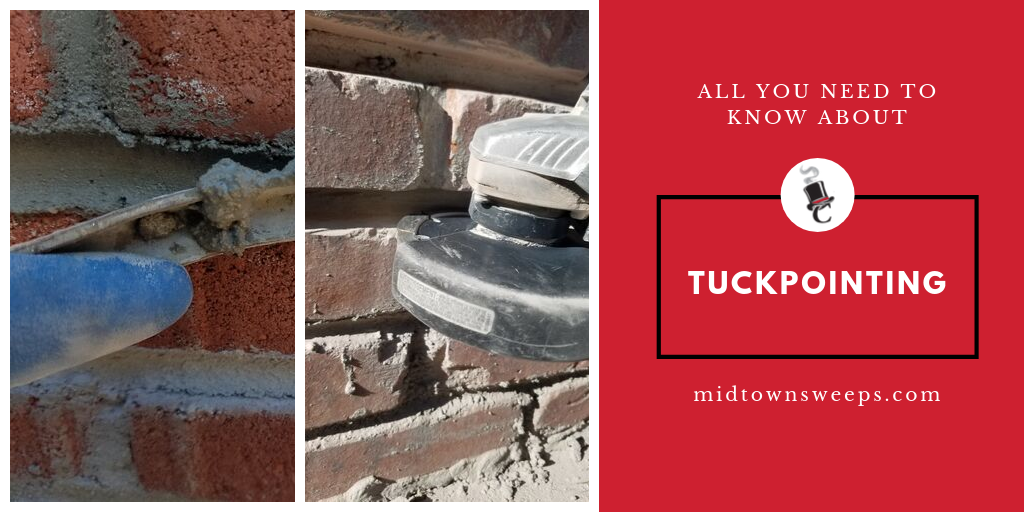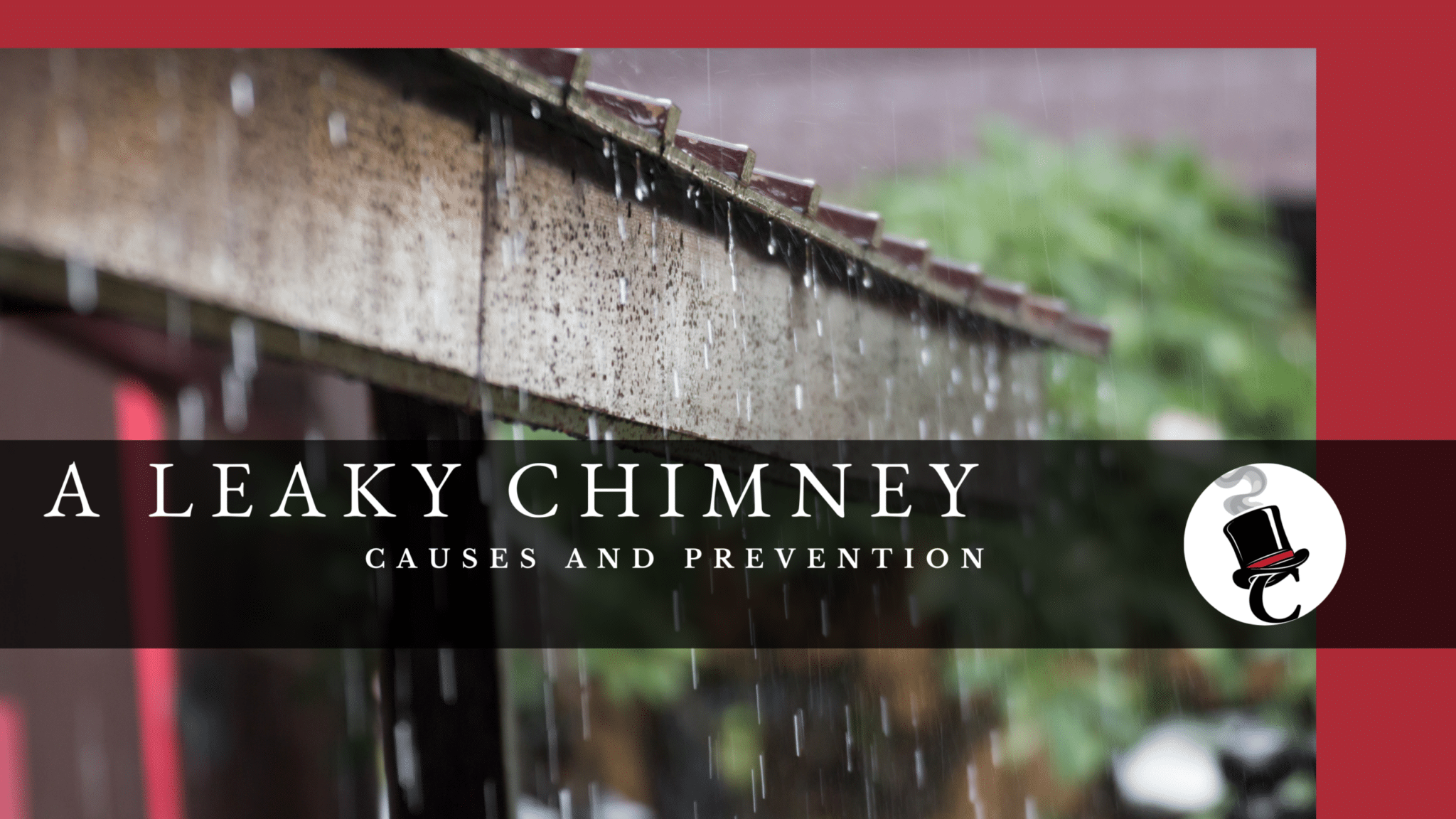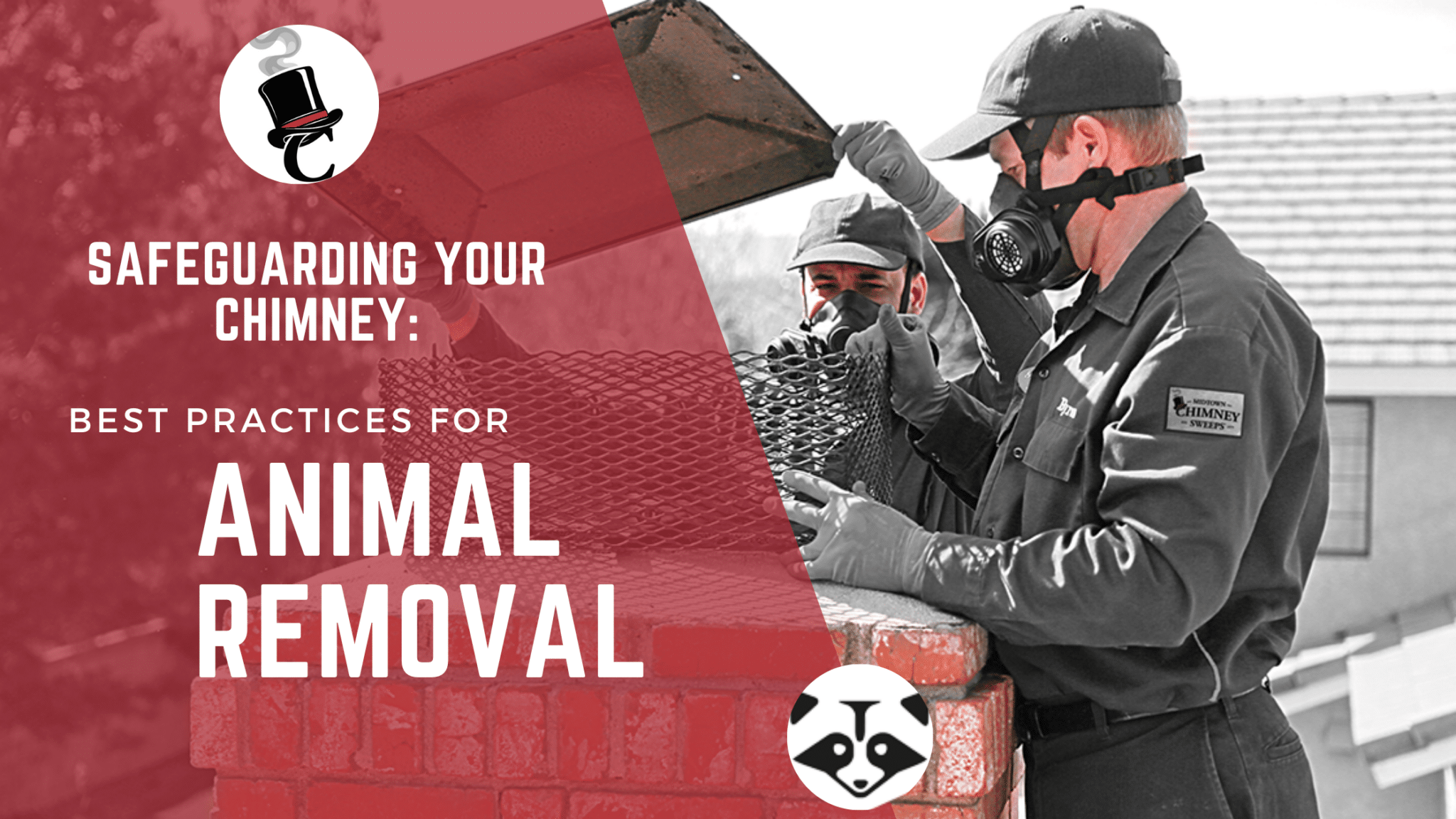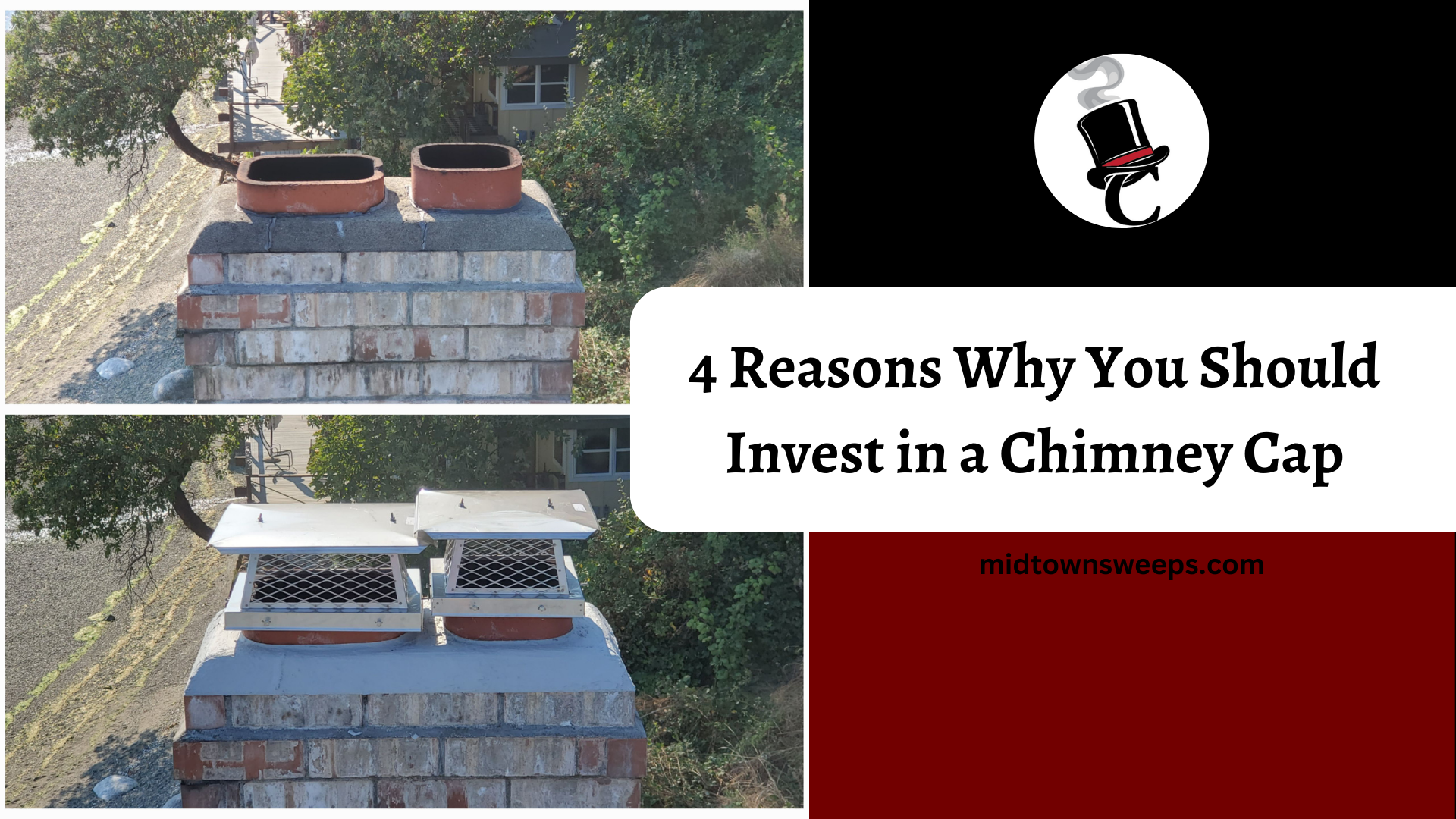Your chimney may seem to be in great condition from the outside, but inside, it could be a ticking time bomb. According to the National Fire Protection Association (NFPA), 80% of all fire-related deaths in the U.S. are as a result of residential fires. One of the leading causes of residential fires is lack of chimney maintenance. The NFPA recommends that you schedule an annual chimney inspection for the following reasons:
Prevent residential fires
Chimney fires could result in extensive property damage. At their worst, they could also lead to loss of lives. Over time, your chimney will become clogged with creosote, which is a glassy, tar-like substance and is a by-product of burnt wood. Using softwoods and unseasoned wood results in a higher rate of creosote buildup.
The substance is highly flammable, meaning that it could only take a spark to ignite. As effective creosote cleaning requires professional grade equipment and cleaners, hiring a professional is the surest way of cleaning your chimney.
It helps you discover any structural problems
Your chimney is susceptible to structural damage as it is exposed to high temperatures, harsh weather, and corrosive chemical substances. Some of these structural damages include damaged flue liners, cracked chimney caps, warped dampers, and so on. Unfortunately, most of the structural problems go unnoticed until they are too expensive to fix. Catching these problems earlier on through regular chimney inspections helps you stop further damage and avoid expensive repairs.
It helps you get rid of pests and debris
Just like your gutters, your chimney is prone to debris buildup from leaves and sticks. Birds, squirrels, bats, raccoons, and other critters also make chimneys their homes during the summer and spring. All these could cause your chimney to become clogged, thus increasing the chances of carbon monoxide poisoning. Most homeowners accidentally set their home on fire while trying to smoke out such pests or get rid of debris. Hiring an experienced chimney sweep is the safest way to get your chimney ready for the burning season.
It improves your fireplace’s efficiency
The soot that accumulates on your chimney’s flue lining could hinder the draft, in turn, this affects how well your fire burns. Apart from cleaning your chimney, a certified chimney sweep will offer you expert advice on how to ensure your fireplace functions safely and efficiently. An efficient fireplace produces more heat and less harmful emissions.
It helps you meet your home’s insurance requirements
Most insurance companies require an annual inspection of the chimney. This means that in case of a residential fire caused by a wood stove or your fireplace, you will not be compensated unless you provide proof that your chimney is inspected and cleaned annually.
It prevents moisture infiltration
Normally, chimneys are made of highly porous bricks. During the winter, the chimney’s masonry deteriorates quickly as it is exposed to the freezing and thawing process. This means that the moisture that infiltrates the masonry freezes and expands periodically, causing undue stress. To avoid this, chimney cap maintenance is vital. A certified chimney sweep will ensure that your chimney cap fits perfectly to avoid moisture infiltration.
How to choose your chimney inspector
As the chimney sweep industry is unregulated, cases of homeowners who have been swindled by unscrupulous chimney sweep cons are quite common. Before scheduling your annual chimney inspection, ensure that you hire certified chimney technicians. Apart from the chimney, the contractor should also check the chimney cap as well as the roof’s condition. A professional contractor should also get rid and dispose of any debris resulting from the inspection and cleaning.


